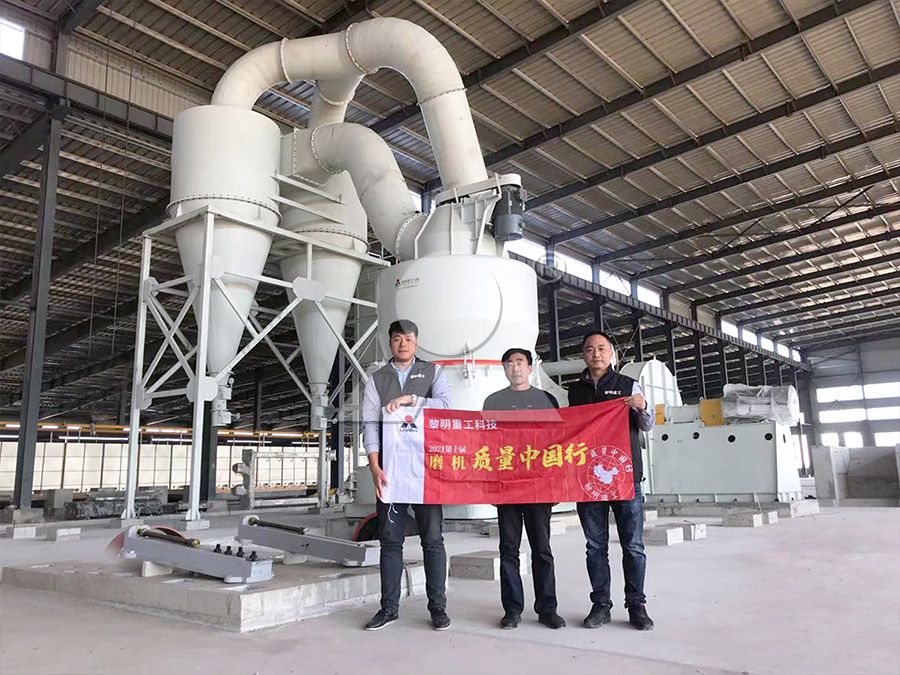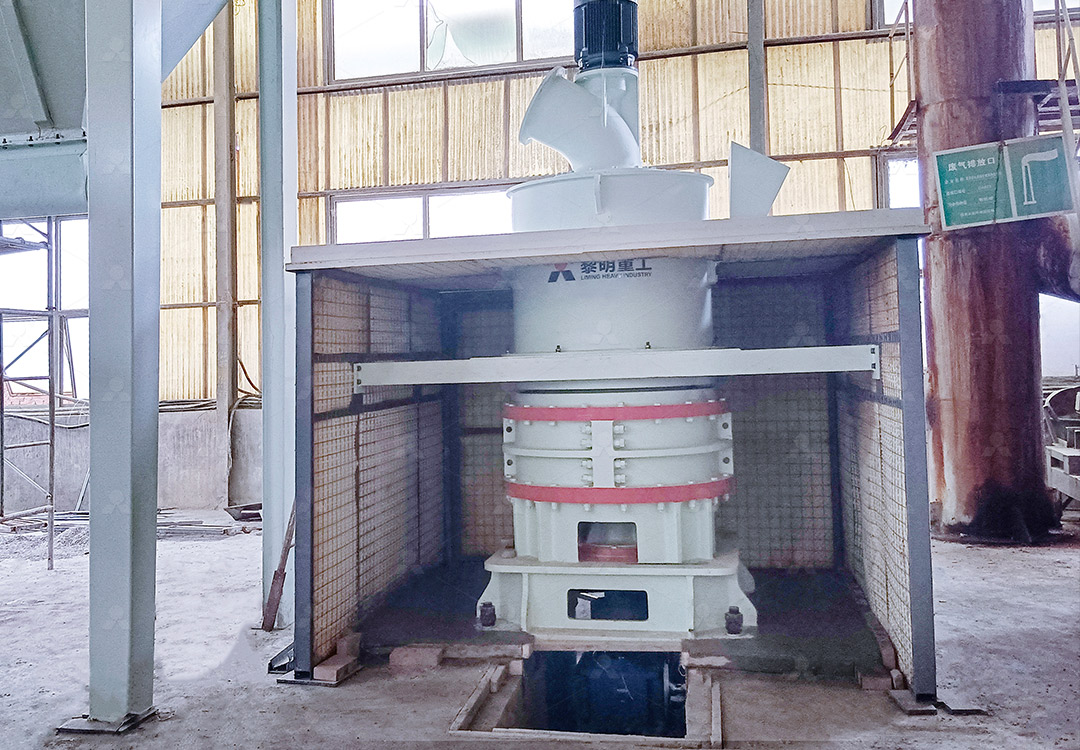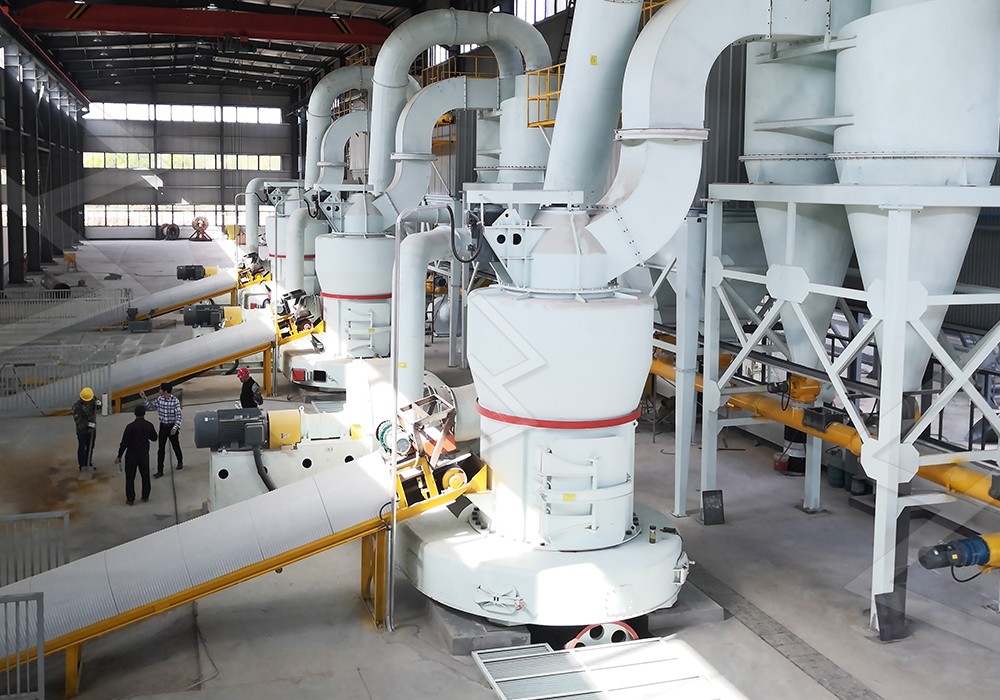Analysis of Dolomite Pulverizing Mill Market Sales Channels and Distribution Networks
We provide a wide range of mills — including Raymond mill, trapezoidal mill, vertical mill, ultrafine mill, and ball mill, obtained ISO9001 international quality certification, EU CE certification, and Customs Union CU-TR certification. Suitable for processing minerals such as limestone, phosphate, quicklime, kaolin, talc, barite, bentonite, calcium carbonate, dolomite, coal, gypsum, clay, carbon black, slag, cement raw materials, cement clinker, and more.
The discharge range of these mills can be adjusted to meet specific processing needs, typically from 80-400 mesh, 600-3250 mesh, and can achieve the finest particle size of up to 6000 mesh(D50).
If you are looking for a reliable grinding solution to turn stone or minerals into fine powder, please feel free to contact our online customer service.
Analysis of Dolomite Pulverizing Mill Market Sales Channels and Distribution Networks
The global dolomite pulverizing mill market is a complex ecosystem driven by industrial demand for fine and ultra-fine powders in sectors ranging from construction materials to agriculture and chemicals. Understanding the sales channels and distribution networks that serve this market is crucial for manufacturers aiming to maximize their reach and profitability. The landscape is characterized by a blend of direct sales to large-scale industrial clients and a robust network of distributors and agents who cater to regional and specialized markets.
Primary Sales Channels: A Multi-Tiered Approach
The most effective strategy for mill manufacturers involves a multi-channel approach. For large mining conglomerates or mega construction projects requiring high-capacity, integrated solutions, a direct sales force is indispensable. These transactions are high-value and require deep technical expertise and custom engineering support that only the manufacturer can provide directly. This channel fosters long-term partnerships and allows for the integration of mills into larger production lines.
For the vast majority of small to medium-sized enterprises (SMEs), the path to market is through a network of industrial equipment distributors and regional agents. These partners possess invaluable local market knowledge, established client relationships, and can provide faster on-the-ground service and spare parts support. Their role is not merely to sell but to act as technical advisors, often demonstrating equipment and troubleshooting initial operational challenges.

The Digital Channel: An Emerging Force
While traditionally a high-touch, high-investment sector, the digital channel is rapidly gaining traction. Company websites, detailed product catalogs, and online specification sheets are now the first point of research for many engineers and plant managers. Virtual factory tours and detailed video explanations of working principles can significantly warm up leads before a sales representative ever makes contact. E-commerce platforms are even beginning to facilitate the sale of smaller mills and a guaranteed supply of genuine spare parts, streamlining the procurement process for established clients.
Strategic Product Placement in the Market
Within this diverse channel structure, having the right product portfolio is key. For operations focusing on ultra-fine dolomite powder (325-2500 meshes) for premium applications like high-quality paints, plastics, or cosmetics, the MW Ultrafine Grinding Mill is an exceptional choice. Its innovative design, featuring higher yielding and lower energy consumption—up to 40% higher capacity than jet mills—makes it a compelling offering for distributors to promote to clients seeking efficiency gains. The absence of rolling bearings in the grinding chamber is a major selling point, drastically reducing maintenance worries and downtime, a feature highly appreciated in remote mining locations.

For clients whose needs align more with high-volume processing of dolomite with integrated drying and classifying, the LUM Ultrafine Vertical Grinding Mill presents a superior alternative. Its advanced grinding roller technology and energy-saving multi-head powder separating technology (reducing energy consumption by 30%-50%) make it a flagship product for direct sales teams targeting large plant installations. Its reversible structure, which allows for easier maintenance, is a strong value proposition that reduces the total cost of ownership, a critical factor in negotiations with large industrial buyers.
Optimizing Distribution for Success
The final link in the chain is after-sales support, which can make or brand reputation. A seamless distribution network must be backed by readily available technical support and a reliable supply of original spare parts. Training programs for distributor technicians ensure that end-clients receive expert service, fostering loyalty and generating recurring revenue from parts and services. Ultimately, the most successful manufacturers are those who view their sales channels and distribution networks not as separate entities, but as an integrated, synergistic system working to deliver total value to the end-user.

